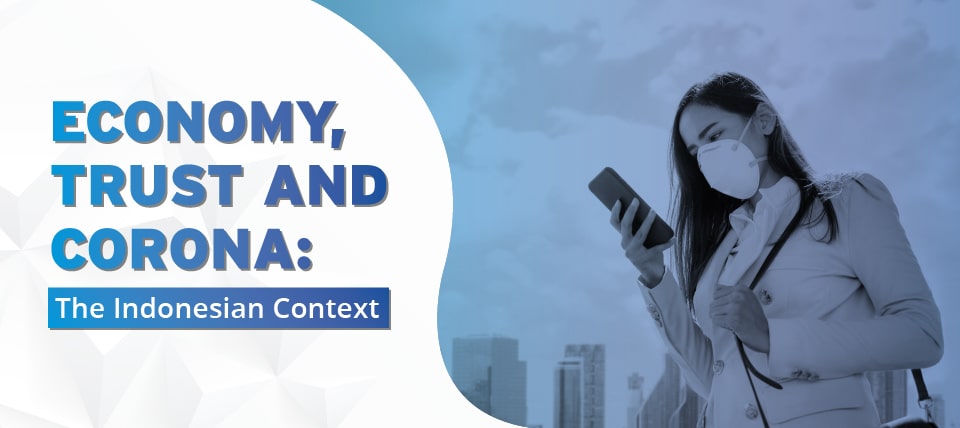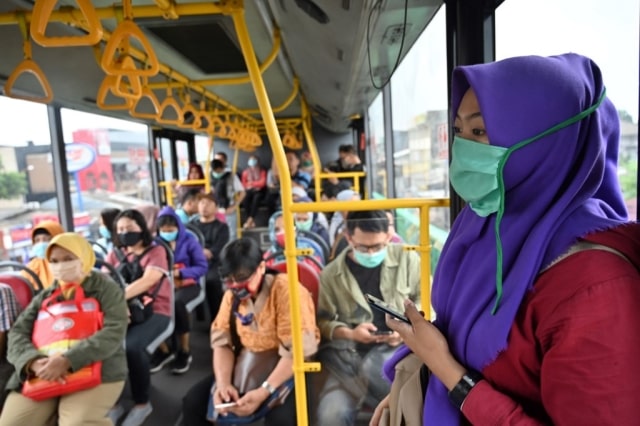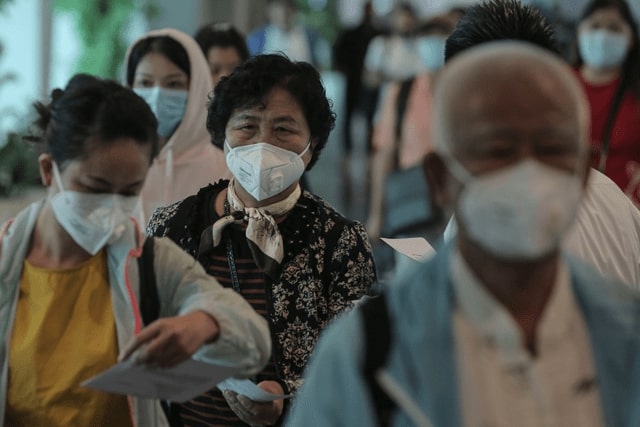Economy, Trust, and Corona: The Indonesian Context

Dr. Bryna Meivitawanli
International Business lecturer at BINUS BUSINESS SCHOOL – International Undergraduate Program, BINUS University.

COVID-19 is a global pandemic that affects more than 200 countries worldwide. This disease affects not only people’s health and well-being but also the economy. The hospitality industry is possibly the one receiving the hardest hit. Large events such as concerts, tournaments, and conferences have been postponed or even canceled. The same applies to wed receptions, guided tours abroad and many more. These cancellations affect various businesses. One wedding involves at least five different vendors such as wedding venue, catering, entertainment, bridal and decorations. One arranged tour abroad includes accommodation, consumption, tourist attractions and many more. This domino effect is going to hurt the world’s economy from all sides. This impact on the economy is going to be especially difficult for developing countries such as Indonesia.
Most of the businesses in Indonesia are micro, small and medium enterprises which rely heavily on day-to-day business activities. Many people earn money today to feed themselves tomorrow, therefore a sharp decline in daily income is intolerable. More than twenty-five thousand workers were laid off due to COVID-19 up until April 4th, 2020 according to Jakarta’s official government agency of labor, transmigration, and energy. Since people are the subject of the economy, without people the economy does not run. Therefore, as people started to stay home and stop moving, so does the economy. The economy was expected to grow at around 5% this year, however, the prediction changed to as low as -0.4% in the worst-case scenario according to the financial sector stability committee. The government has issued formal letters to close down several entertainment-related businesses such as spa, cinema, club, karaoke, bar, and many others. Companies and schools are applying for work from home and online learning. These changes in social behavior also changed consumption patterns or spending patterns. These changes are not happening in just one country but worldwide. Consequently, Coordinating Minister for Maritime and Investment Affairs mentioned that the loss solely from the tourism sector is around 500 million US dollars every month. This includes losses experienced by small businesses such as those that produce local crafts and street vendors in and around tourist attractions which are closed not only for foreign visitors but also for domestic visitors.
The devastating economic impact has to be reduced by the government during this difficult time. Both central and local government has enacted several policies in order to help workers and businesses survive this pandemic. The president mentioned that his policies are focused on three priorities, which are to put safety and health first, then provide social safety net meaning financial help for the people and last is to measure and control the economic damage. The central government has insisted on not opting for lockdown measures so that some economic activity can still run. The government has made 405.1 trillion rupiahs or around 25 billion US dollars available to face COVID-19. Several of the policies where this sum of money is going to be allocated for include procurement of medical equipments and protections, incentives for the medical team, free electricity for three months, pre-employment benefits, tax cuts and postponement of credit installments among others (Dhyaksa, 2020).
The question lies on whether these policies are effective in countering COVID-19 pandemic and whether the implementation has been done accordingly. Many experts have come to a similar conclusion that the biggest success factor to overcome this pandemic is trust. Trust of the people is crucial since, without the active participation of the people, this disaster is not going to come to an end. The way trust can be built is through transparency. Transparency of the depth of the threat that we are facing, transparency of the capability of the government, transparency of the uncertainty that has to be faced and through transparency people can realize the gravity of this issue and the fact that everyone has to come together in order to get through this unprecedented pandemic. The real issue is not the economy itself but the virus. Therefore, it is a health issue first before it turns into an economic problem. In order to end the economic problem, the real issue has to be taken care of. As mentioned by the president of Ghana, “We know how to bring the economy back to life. What we do not know is how to bring people back to life”, the main issue that has to be addressed is the health issue first. By overcoming the health issue, the economy can be recovered as people start to gain trust and confidence that they can resume their daily life. The consumption pattern is going to go back to normal and the economy can slowly recover. Both health and economic issues can only be overcome if people actively participate by simply staying at home, maintaining personal hygiene and giving whatever they can to the society that is hit the hardest.

